Public Health & the Opioid Crisis
We are in a public health crisis that is putting families at risk. We are losing many lives to the opioid crisis and gun violence. Mental health resources are minimal and disparities are impacting our community. The City of Minneapolis has a responsibility to address the health of neighbors and it must be prioritized.
What We Did:
Addressing the Opioid Crisis
Approved nearly $3,000,000 to address the opioid crisis, including for culturally responsive treatment facilities, new programming, and additional staff.
Added nearly $1,000,000 to a medical mobile unit that will travel around the city to provide opioid treatment and services to residents.
Authored a budget amendment to continue the LEAD programs work focused on the East Lake Street corridor. They provide harm reduction-based, intensive case management for individuals who commit law violations due to unmet behavioral health needs, homelessness, and extreme poverty.
Increased contract dollars to conduct needle clean up services in Minneapolis.
Hosted two community trainings on NARCAN usage.
Looking Ahead:
Support ordinances that retrofit and require buildings to be accessible.
Stop employers from paying subminimum wage to workers with disabilities.
Create penalties and stronger regulations of labor laws so employers do not violate disability and LGBTQIA+ rights.
Support our LGBTQIA+ community who are more susceptible to experiencing homelessness by funding initiatives that reduce barriers, provide support, and create a healthy and safe environment.
Implement emergency response teams that will respond to community situations. Trained to specifically work with LGBTQIA+ people and members of our disability community.
Ensure any grants given to shelters, outreach organizations, and public health workers are trans, non-binary, and disability friendly.
Work with the State Legislature to end the LGBTQIA+ panic defense and prevent the anti-trans bathroom bill from passing.
